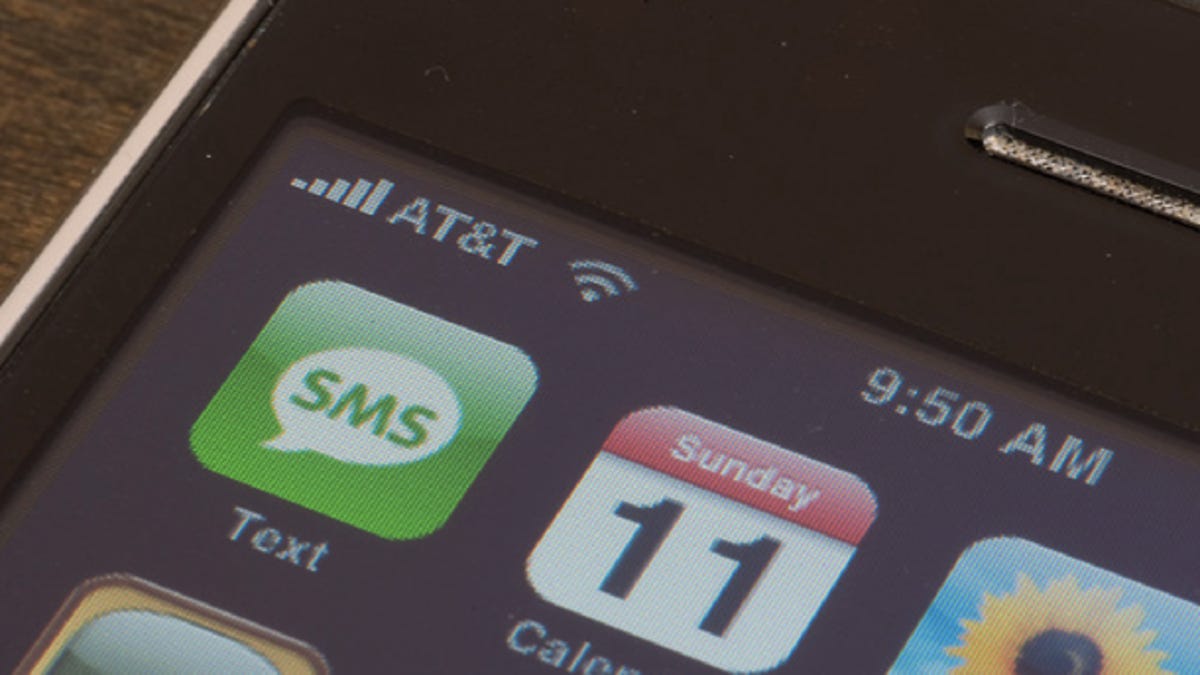Stolen iPhone's tracker app sends police to wrong house
A man has software for tracing his stolen iPhone. When police break into the targeted location, though, they find nothing. And now they refuse to pay for the damage.

Some people like to be judged on the number of apps on their iPhones and iPads.
Each is a badge of honor and a sign of extreme modernity.
And yet some apps might not be quite as wonderful as advertised. Please ask Robert Kerr, landlord of an apartment in Nottingham, England.
Police broke into his apartment in the belief that he was harboring a stolen iPhone. This was such a serious case that they broke down his front door, causing 500 pounds (around $750) worth of damage.
These police officers seemed unconcerned about any damage caused because the iPhone's owner had an as-yet-unnamed tracker app that indicated his stolen device was in Kerr's apartment.
There was one slight hitch to their enthusiasm. They found no iPhone. Principally, it seems, because Kerr had not stolen one.
"The victim of the burglary has almost made me a victim by saying the phone was in my house when it was not," Kerr told the Telegraph.
You would think, though, that the British police are nice people who, when they make a mistake, clear up the mess and pay for it.
You would, in that case, think that not one attendee of last night's Oscars has anything but the face with which they were born.
For the police are calling their search entirely understandable and therefore are refusing to pay Kerr for a new front door.
Indeed, a spokesman for the Nottinghamshire police told the Telegraph: "Our officers took the decision to search the property in Rufford Road in good faith with the intention of quickly locating an offender and recovering stolen items from a burglary."
Moreover, the police are now reportedly saying that they didn't merely break in because of the tracker app, but because neighbors said they saw someone go into the apartment, which is normally vacant.
How accurate, though, can tracker apps be? The Telegraph talked to experts who said it wasn't possible for one of these apps to identify a particular house when there are lots of other houses around.
But there have been cases in which tracking devices have managed to locate stolen gadgets very well.
There was the laptop stolen from, of all people, an IT security expert. There was also the MacBook chase in New York where a Canadian man used Prey tracking software (and his Twitter followers) to catch the thief red-faced as well as red-handed.
So might it simply be that some apps are better than others? Or is there not (yet) such a thing as an infallible app?

